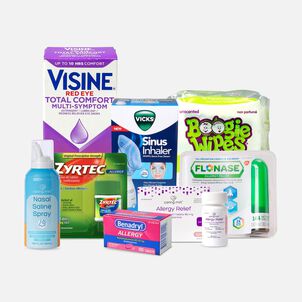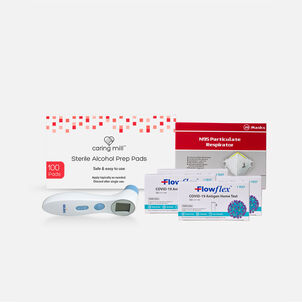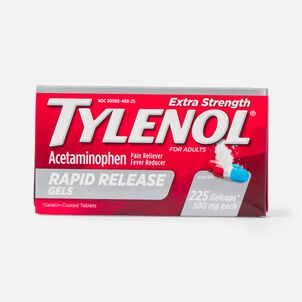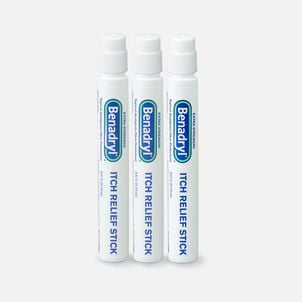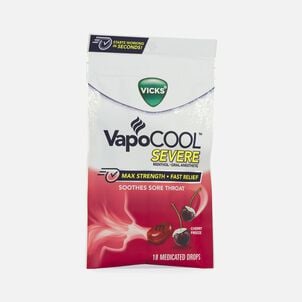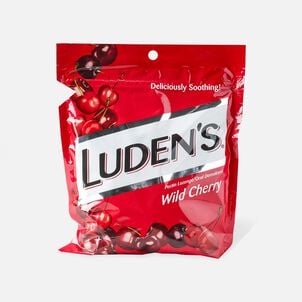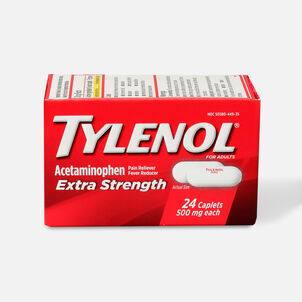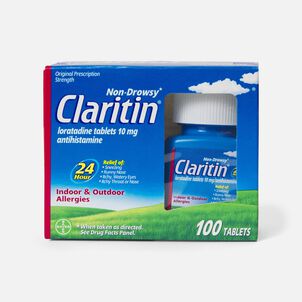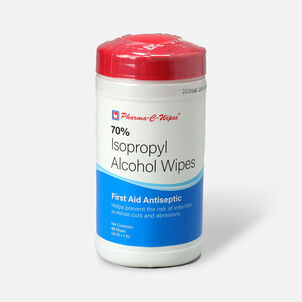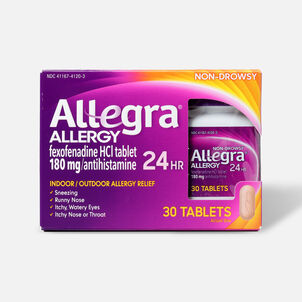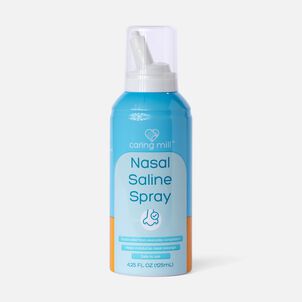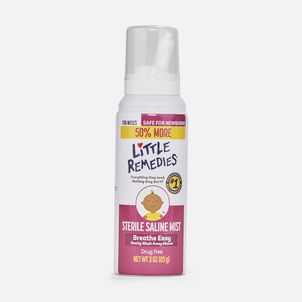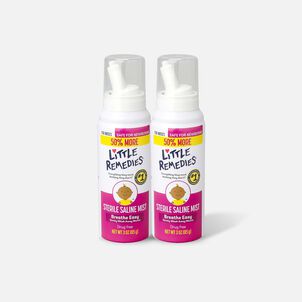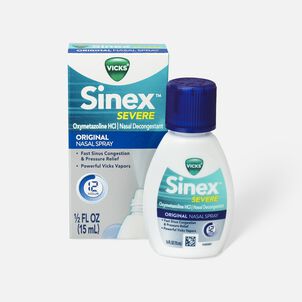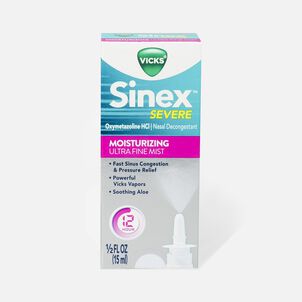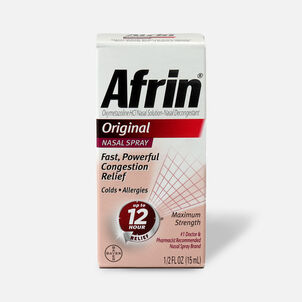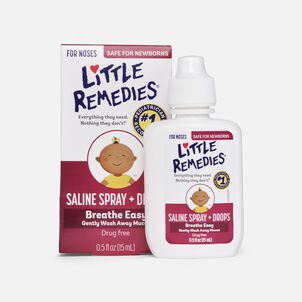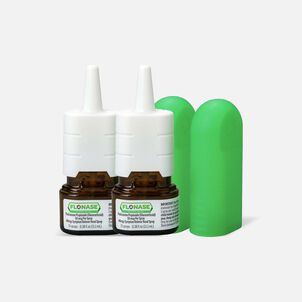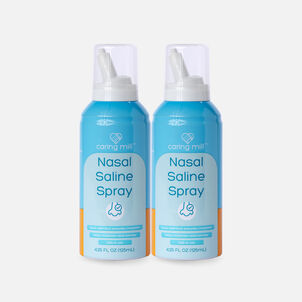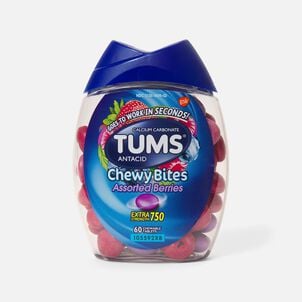Whether you suffer from seasonal allergies, or the whole year is just one big sneezing fit, finding the best over-the-counter allergy medicine can be a case of trial and error. With antihistamines, decongestants, combination treatments and more to choose from, there's a lot of products to sift through as you try to find the right medication for your allergy symptoms.
Thankfully, with the passage of the CARES Act in March 2020, an allergy sufferer can now purchase over-the-counter allergy medicines with their FSA with no prescription required, so you can now factor in the cost of these medicines into your yearly FSA contributions. Effectively, an entire section of your pharmacy has just been opened up to FSA spending, so it's time to take advantage!
FSAstore.com makes it easy to get the health and wellness products you need to stay healthy, and with hundreds of newly stocked medications now available, we have a lot more topics to write about on the FSA Learning Center! First, let's start by examining the most common allergy medicines available for FSA spending, so you can pinpoint the best or new over-the-counter allergy meds for you and your family.
Your OTC Allergy Meds Guide
1. Antihistamines
As one of the most common OTC allergy medicines on the market, what antihistamines do is right in the name: they fight back against histamine. According to the Mayo Clinic, histamine is a chemical that is created in the body when it comes in contact with an allergen. Producing histamine is the body's immune response to allergens, which results in common allergic reactions like sneezing, sniffling, watery eyes, breaking out in hives and more. Antihistamines reduce the production of this chemical to ward off the most common symptoms of allergies.
When should I use antihistamines?
Antihistamines are a great choice during allergy season, but some may have side effects that could change how and when they are used. Some antihistamines are known to make users drowsy or tired, so always check for proper dosage and side effects when taking this medication, as well as taking into account the types of activities you will partake in after taking it. Antihistamines are available in pills, nasal sprays, eye drops and more.
Common Over-the-Counter Antihistamines: Cetirizine (Zyrtec, Zyrtec Allergy), Desloratadine (Clarinex), Fexofenadine (Allegra, Allegra Allergy), Levocetirizine (Xyzal, Xyzal Allergy) and Loratadine (Alavert, Claritin).
2. Decongestants
Decongestants are often used in tandem with antihistamines to combat a wide range of allergic symptoms and can provide allergy relief for congested nasal passage ways, but they are also sold as stand-alone medications to relieve nasal congestion. But according to WebMD, decongestants work by combating the body's immune response to swell when coming into contact with an allergen, and this typically can happen in the nasal passages that can result in feeling "stuffed up." By reducing this swelling, nasal passages can clear and decongestants can aid in treating seasonal and year-round allergy symptoms.
When should I use a decongestant?
When it comes to a stuffy nose and swollen nasal passages, decongestants are the best choice and are available in pills, liquids, nasal sprays and nose drops. As opposed to antihistamines, decongestants can sometimes leave users jittery or may experience trouble sleeping, so if this continues, speak with a doctor about your treatment options.
Common Over-the-Counter Decongestants: Oxymetazoline (Afrin, Dristan), Phenylephrine (Sudafed PE, Suphedrin PE), Pseudoephedrine (Silfedrine, Sudafed, Suphedrine)
3. Corticosteroids
Corticosteroids are another type of allergy medicine that is designed to fight inflammation to alleviate allergic reactions. According to Healthline, Corticosteroids are medications designed to emulate cortisol, a hormone naturally produced by the body's adrenal glands. Cortisol plays a vital role in a wide range of processes in the body, including metabolism, immune response, and stress. These medications are primarily used in treatment for respiratory allergies like asthma, but are effective in preventing and relieving stuffiness, sneezing and runny noses.
When should I use corticosteroids?
The vast majority of corticosteroids are only available as a prescription medication, and are used to treat a variety of conditions aside from allergies, including asthma and arthritis. For allergy sufferers, corticosteroids are primarily used to fight inflammation in the body caused by the immune system's response to coming in contact with an allergen. Corticosteroids are available in pills, nasal sprays, inhalers, skin creams and more.
Common over-the-counter corticosteroids: Hydrocortisone (Cortizone), Budesonide (Rhinocort), Fluticasone furoate (Flonase Sensimist), Fluticasone propionate (Flonase Allergy Relief), Mometasone (Nasonex) and Triamcinolone (Nasacort Allergy 24 Hour).
4. Mast Cell Stabilizers
First thing's first: what's a mast cell? It's actually a type of white blood cell that responds when the body comes in contact with antigens (foreign substances that the body perceives as a threat, such as allergens). By "stabilizing" these reactions with targeted over-the-counter allergy medicines, allergic reactions like stuffy noses, sneezing and more are kept under control by adjusting the body's immune response, reports Drugs.com.
When should I use mast cell stabilizers?
For most people, mast cell stabilizers are used when traditional antihistamines don't have the desired effects in fighting off allergy symptoms. Additionally, the Mayo Clinic reports that these drugs are generally safe but usually need to be used for several days to produce the full effect. In most cases, mast cell stabilizers are used to control asthma and allergy symptoms, specifically allergic and chronic rhinitis.
Common over-the-counter mast cell stabilizers: Cromolyn (Nasalcrom)
What's the best choice for me?
Over-the-counter allergy medicines, especially now that they're fully FSA-eligible, are an effective means of treating seasonal and chronic allergies year-round and can help get symptoms under control. But, no two allergic reactions are alike, and your treatment plan for allergies is uniquely your own, so we advise that before beginning any OTC medication regimen, speak with your doctor to learn about the full extent of your allergies and underlying health to find the medication that works for you — especially if you find that your current allergy medicine is not working.
The vast majority of allergy medicines on the market today are only available by prescription, and some targeted therapies are only available with a prescription from a doctor. Products such as leukotriene modifiers (Singulair) and emergency epinephrine shots (EpiPen) are only available with a prescription from a doctor and treat allergic reactions in specific, targeted ways. It may be possible that these options are a better choice to treat your allergies, so it's always best to start any treatment plan by consulting your doctor.
Finally, your current state of health also dramatically impacts what sort of treatment plan you or a loved one should pursue to treat your allergies. According to the Mayo Clinic, chronic health conditions, being pregnant or breastfeeding, age and taking other medications should be factored into any treatment plan, so these are important factors to bring up with your doctor when going in for a visit to talk about which are the best over-the-counter allergy meds for you and your family.
Now that OTC medicines are fully FSA-eligible, you have more options than ever to take advantage of your tax-free healthcare funds. If you or a loved one are still dealing with daily allergy symptoms, your FSA may just be a helpful tool on your path to allergy season relief!
-
Thanks for visiting the FSA Learning Center! To stay on top of all FSA news that can affect your health and financial wellness, be sure to follow us on Facebook and Twitter.

